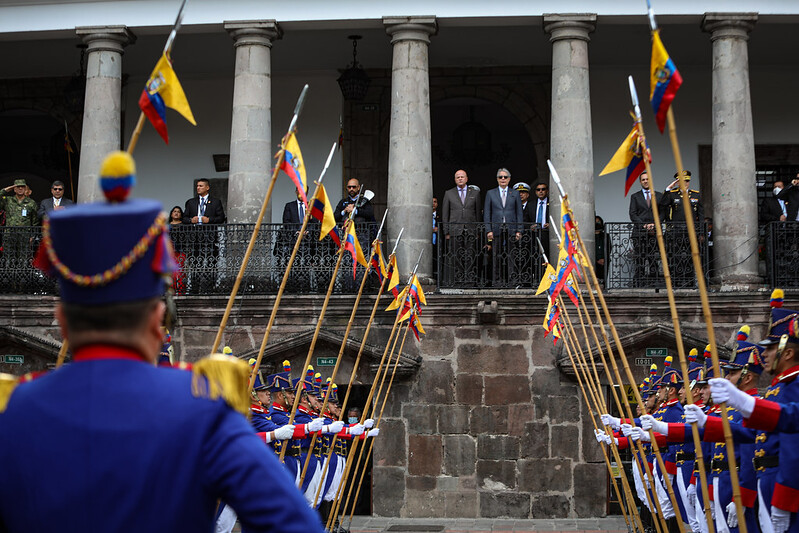Over the years, multiple Latin American leaders have used plebiscites to bypass lawmakers and reshape their country’s institutional framework. Guillermo Lasso, the embattled president of Ecuador, is the latest to try appealing directly to voters on issues of policy.
A week ago, Mr. Lasso made public his proposals to reshape Congress (cutting down the number of seats), grant the military powers to fight drug-trafficking gangs, and protect water sources. If approved by the country’s top court, these proposals — presented in eight questions — should go to a popular vote.
For many reasons, Mr. Lasso’s move is puzzling to political observers. Referendums have become a way for presidents to move their initiatives forward when facing fierce opposition in congress, but Mr. Lasso cannot assume that citizens will vote his way.
His approval ratings have plummeted since he took office in May of last year. Less than 18 percent of voters in Quito and Guayaquil — the country’s two largest cities, home to a third of the population — rate his administration as either good or great.
From rising violence rates to scorching food and fuel inflation, Mr. Lasso’s popularity has sunk for a wide range of reasons. The referendum is therefore a risky move from the president.
Gonzalo Albán Molestina, an Ecuadorian political...


 Search
Search






































